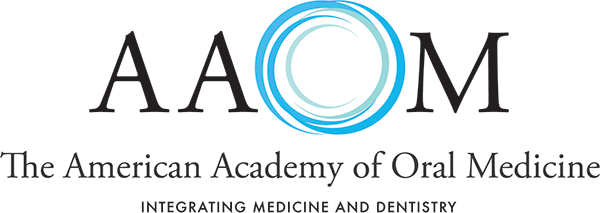|
Return to the Fall 2019 Newsletter Fall 2019 Newsletter: Evidence to Recommendations for Human Papilloma Virus (HPV) Vaccination of Adults, Ages 27 through 45 YearsVaccination against HPV is recommended to prevent HPV infections and HPV-associated diseases, including cancers. The Advisory Committee on Immunization Practices (ACIP) routinely recommends HPV vaccination at age 11 or 12 years; vaccination can be given starting at age 9 years. Catch-up vaccination has been recommended since 2006 for females through age 26 years, and since 2011 for males through age 21 years and certain special populations through age 26 years. Three prophylactic HPV vaccines are licensed for use in the United States: 9-valent (9vHPV, Gardasil 9, Merck), quadrivalent (4vHPV, Gardasil, Merck), and bivalent (2vHPV, Cervarix, GlaxoSmithKline). As of late 2016, only 9vHPV is distributed in the United States. HPV 16 or 18, types targeted by all three vaccines, cause the majority of HPV-associated cancers. In addition, 4vHPV and 9vHPV target HPV 6 and 11, types that cause anogenital warts. 9vHPV also protects against five additional high-risk types: HPV 31, 33, 45, 52, and 58. In October 2018, using results from 4vHPV clinical trials in women aged 24 through 45 years, and bridging immunogenicity and safety data in women and men, the Food and Drug Administration expanded the approved age range for 9vHPV use from 9-26 years to 9-45 years in women and men. In June 2019, after reviewing evidence related to HPV vaccination of adults, ACIP updated recommendations for catch-up vaccination and for vaccination of adults older than the recommended catch-up age. Adolescents remain the most important focus of the HPV vaccination program in the United States. HPV vaccination is most effective when given before exposure to any HPV, as in early adolescence. Clinical trials have indicated that HPV vaccines are safe and effective against infection and disease attributable to HPV vaccine types that recipients are not infected with at the time of vaccination. Because HPV acquisition generally occurs soon after first sexual activity, vaccine effectiveness will be lower in older age groups because of prior infections. Some previously exposed adults will have developed natural immunity already. Exposure to HPV decreases among older age groups. Evidence suggests that although HPV vaccination is safe for adults aged 27 through 45 years, population benefit would be minimal; nevertheless, some adults who are not adequately vaccinated might be at risk for new HPV infection and might benefit from vaccination in this age range. Juan M Bugueno, DDS, MS Source: Advisory Committee on Immunization Practices (ACIP)/CDC The Advisory Committee on Immunization Practices (ACIP) provides advice and guidance to the Director of the CDC regarding use of vaccines and related agents for control of vaccine-preventable diseases in the civilian population of the United States. Recommendations made by the ACIP are reviewed by the CDC Director and, if adopted, are published as official CDC/HHS recommendations in the Morbidity and Mortality Weekly Report (MMWR) |
